At least 12 protesters arrested in Portland were released after promising they won't attend another demonstration

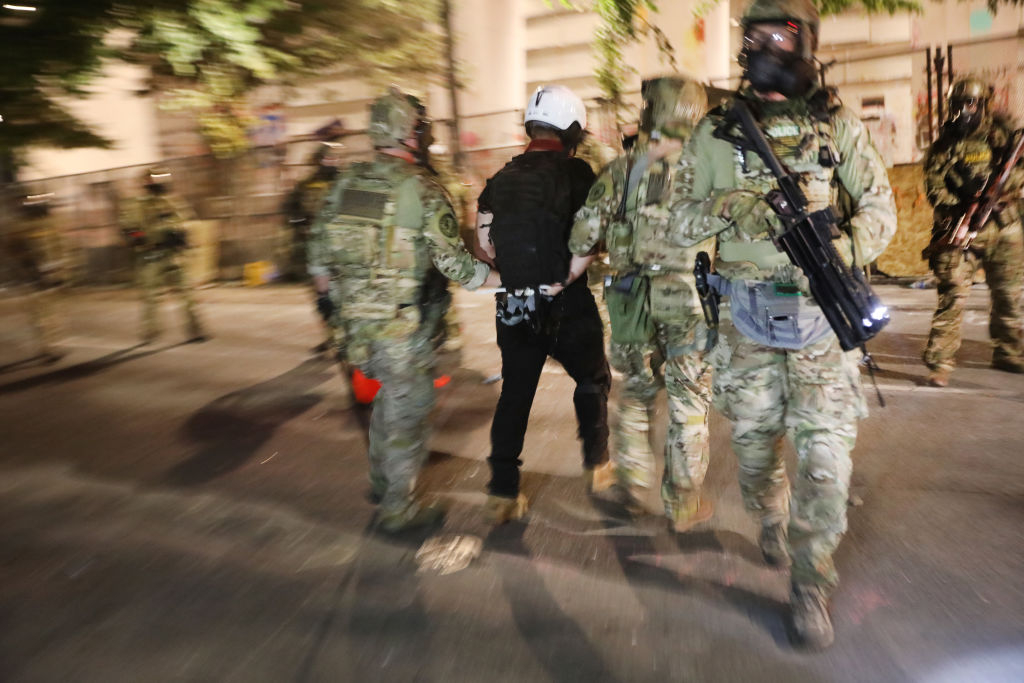
A free daily email with the biggest news stories of the day – and the best features from TheWeek.com
You are now subscribed
Your newsletter sign-up was successful
At least 12 people arrested during protests against police brutality in Portland, Oregon, in recent weeks were specifically barred by federal authorities from attending other demonstrations while they await trial as a condition for their release, ProPublica reports. For some, the restriction extended to the entire state of Oregon, others just Portland, and in at least two cases there was no geographic distinction.
"Those terms were given to me after being in a holding cell after 14 hours," Bailey Dreibelbis, who was charged last week with "failing to obey a lawful order," told ProPublica. "It was pretty cut-and-dried, just, 'These are your conditions for [getting out] of here.'"
Legal experts are questioning the constitutionality of the condition, which applies mostly to people who were arrested for minor crimes, like being on a federal sidewalk. On one hand, it's standard to issue "stay away" orders from a place where a potential crime was committed, Somil Trivedi of the American Civil Liberties Union, told ProPublica. It becomes a little bit trickier when that place is part of the public square, but Trivedi conceded the government probably has an argument when it comes to a specific location.
The Week
Escape your echo chamber. Get the facts behind the news, plus analysis from multiple perspectives.

Sign up for The Week's Free Newsletters
From our morning news briefing to a weekly Good News Newsletter, get the best of The Week delivered directly to your inbox.
From our morning news briefing to a weekly Good News Newsletter, get the best of The Week delivered directly to your inbox.
Trivedi does not think the argument holds up when the condition extends to a blanket ban on protests, however. Perhaps, he said, the government could say they don't trust an individual to not break the law again, but the release documents stipulate that separately. "If they want to say 'don't break a law again,' they've already said that," Trivedi said. "Beyond that, the only part that's left would be not letting you exercise your First Amendment right." Read more at ProPublica.
A free daily email with the biggest news stories of the day – and the best features from TheWeek.com
Tim is a staff writer at The Week and has contributed to Bedford and Bowery and The New York Transatlantic. He is a graduate of Occidental College and NYU's journalism school. Tim enjoys writing about baseball, Europe, and extinct megafauna. He lives in New York City.
-
 How to Get to Heaven from Belfast: a ‘highly entertaining ride’
How to Get to Heaven from Belfast: a ‘highly entertaining ride’The Week Recommends Mystery-comedy from the creator of Derry Girls should be ‘your new binge-watch’
-
 The 8 best TV shows of the 1960s
The 8 best TV shows of the 1960sThe standout shows of this decade take viewers from outer space to the Wild West
-
 Microdramas are booming
Microdramas are boomingUnder the radar Scroll to watch a whole movie
-
 Maxwell pleads 5th, offers Epstein answers for pardon
Maxwell pleads 5th, offers Epstein answers for pardonSpeed Read She offered to talk only if she first received a pardon from President Donald Trump
-
 Hong Kong jails democracy advocate Jimmy Lai
Hong Kong jails democracy advocate Jimmy LaiSpeed Read The former media tycoon was sentenced to 20 years in prison
-
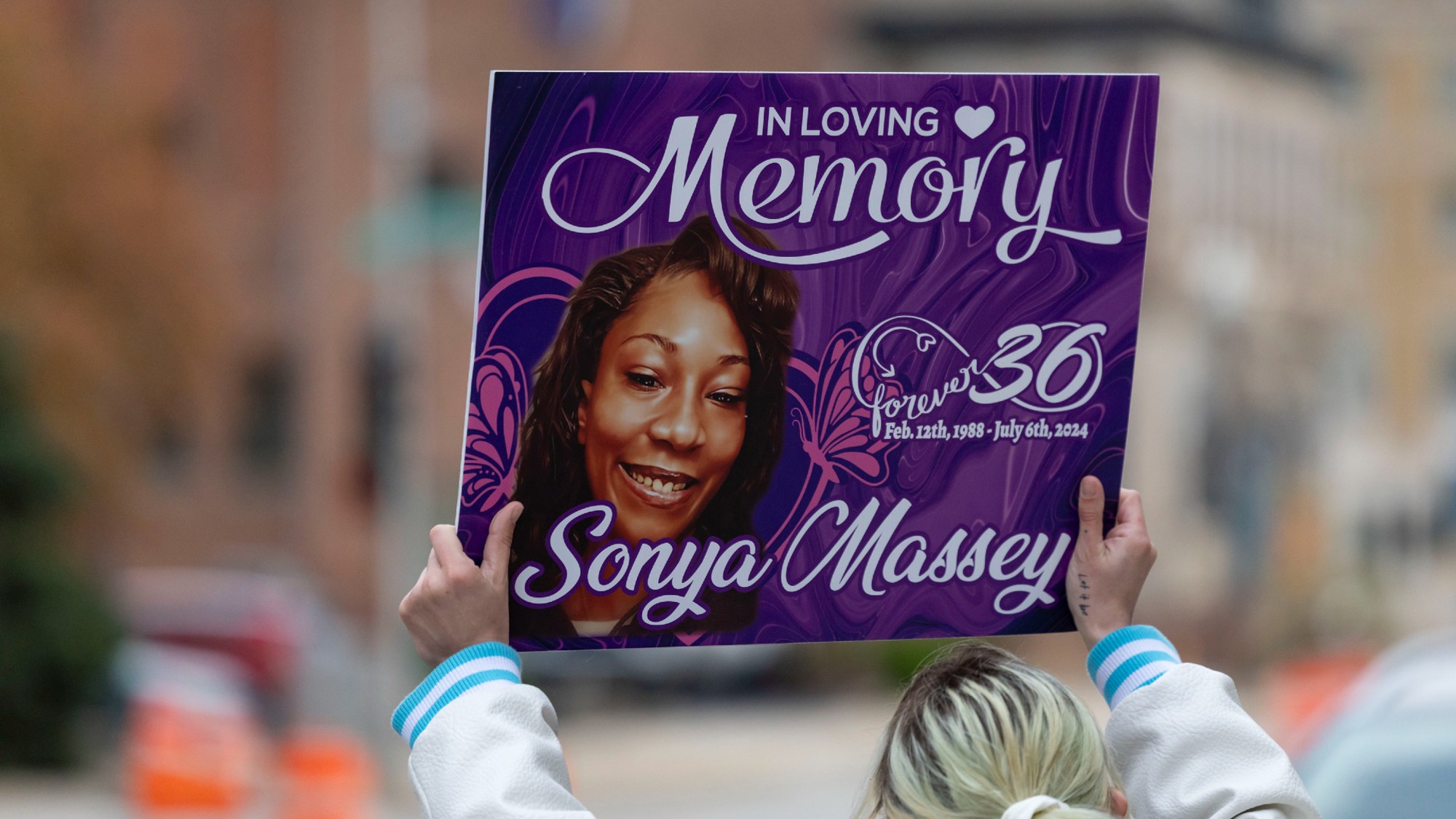 Ex-Illinois deputy gets 20 years for Massey murder
Ex-Illinois deputy gets 20 years for Massey murderSpeed Read Sean Grayson was sentenced for the 2024 killing of Sonya Massey
-
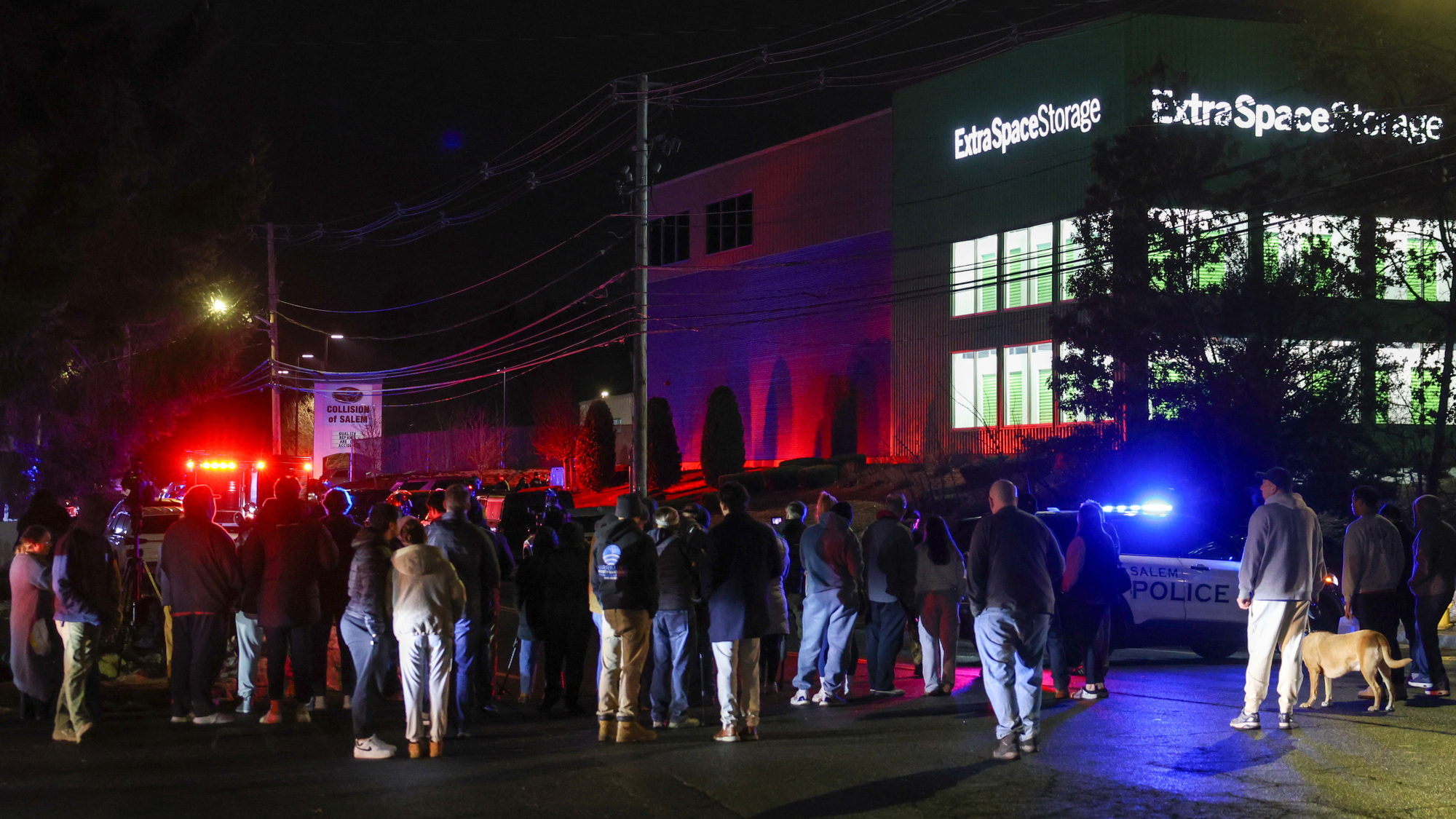 Sole suspect in Brown, MIT shootings found dead
Sole suspect in Brown, MIT shootings found deadSpeed Read The mass shooting suspect, a former Brown grad student, died of self-inflicted gunshot wounds
-
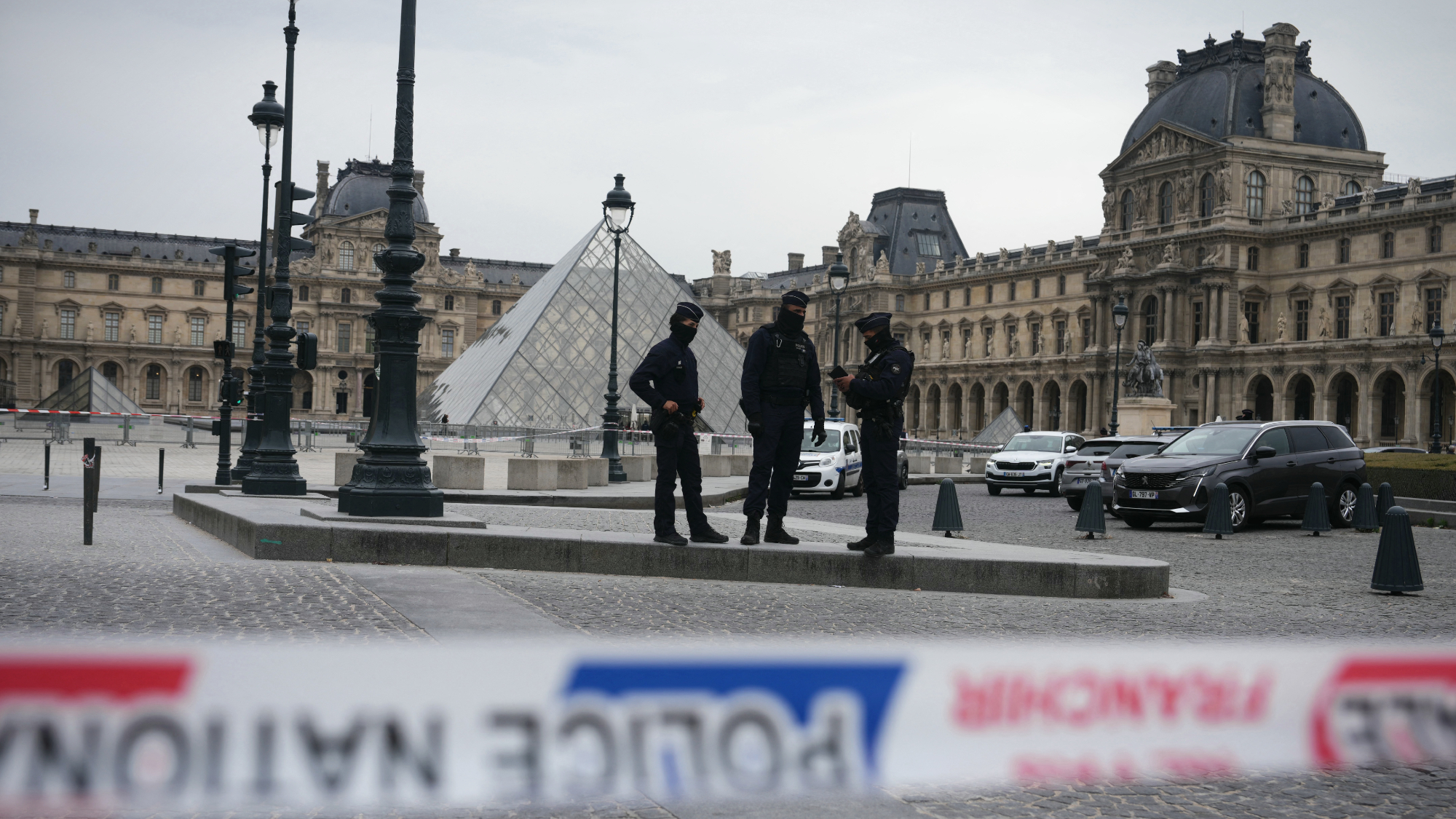 France makes first arrests in Louvre jewels heist
France makes first arrests in Louvre jewels heistSpeed Read Two suspects were arrested in connection with the daytime theft of royal jewels from the museum
-
 Trump pardons crypto titan who enriched family
Trump pardons crypto titan who enriched familySpeed Read Binance founder Changpeng Zhao pleaded guilty in 2023 to enabling money laundering while CEO of the cryptocurrency exchange
-
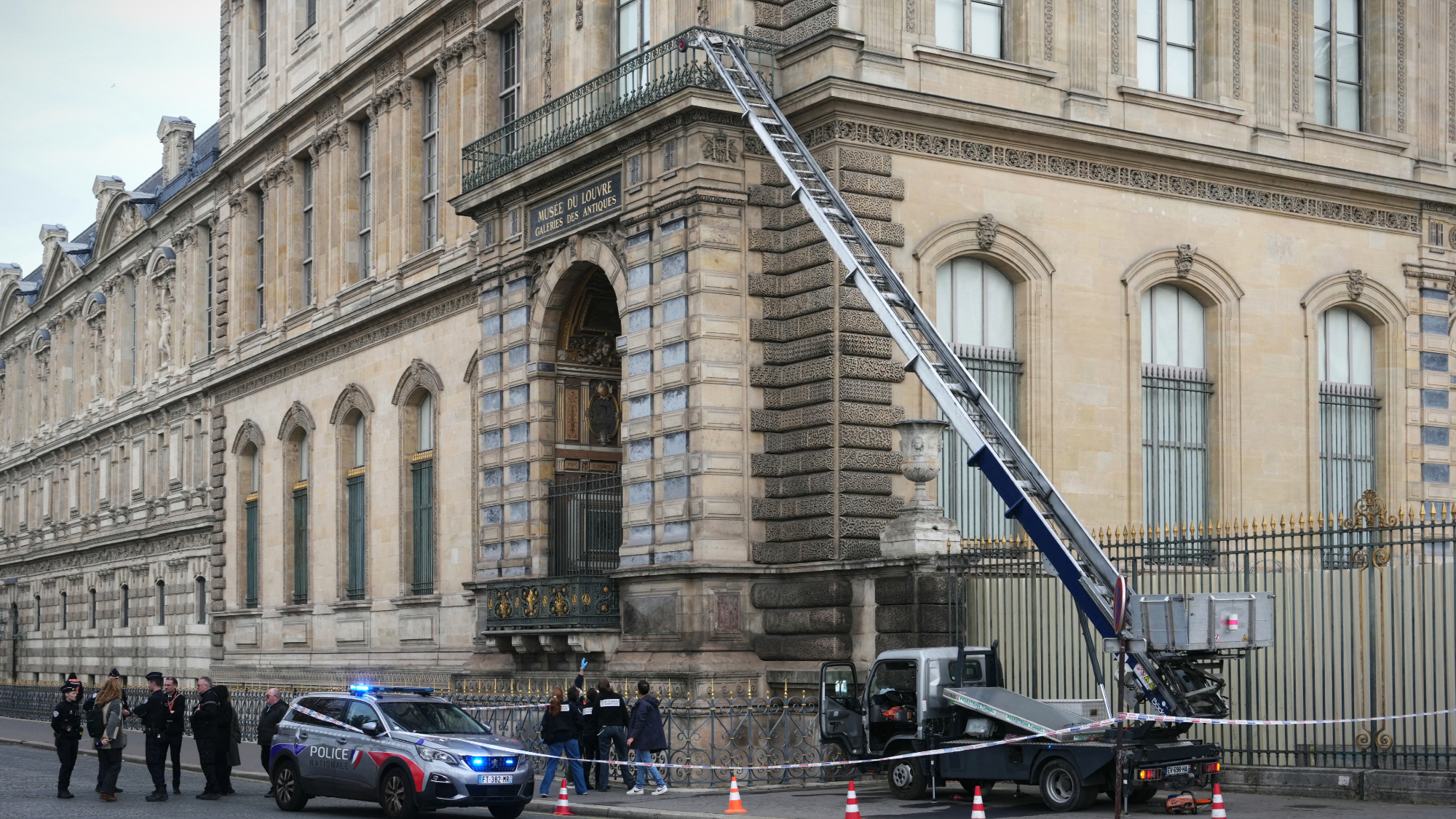 Thieves nab French crown jewels from Louvre
Thieves nab French crown jewels from LouvreSpeed Read A gang of thieves stole 19th century royal jewels from the Paris museum’s Galerie d’Apollon
-
 Arsonist who attacked Shapiro gets 25-50 years
Arsonist who attacked Shapiro gets 25-50 yearsSpeed Read Cody Balmer broke into the Pennsylvania governor’s mansion and tried to burn it down
